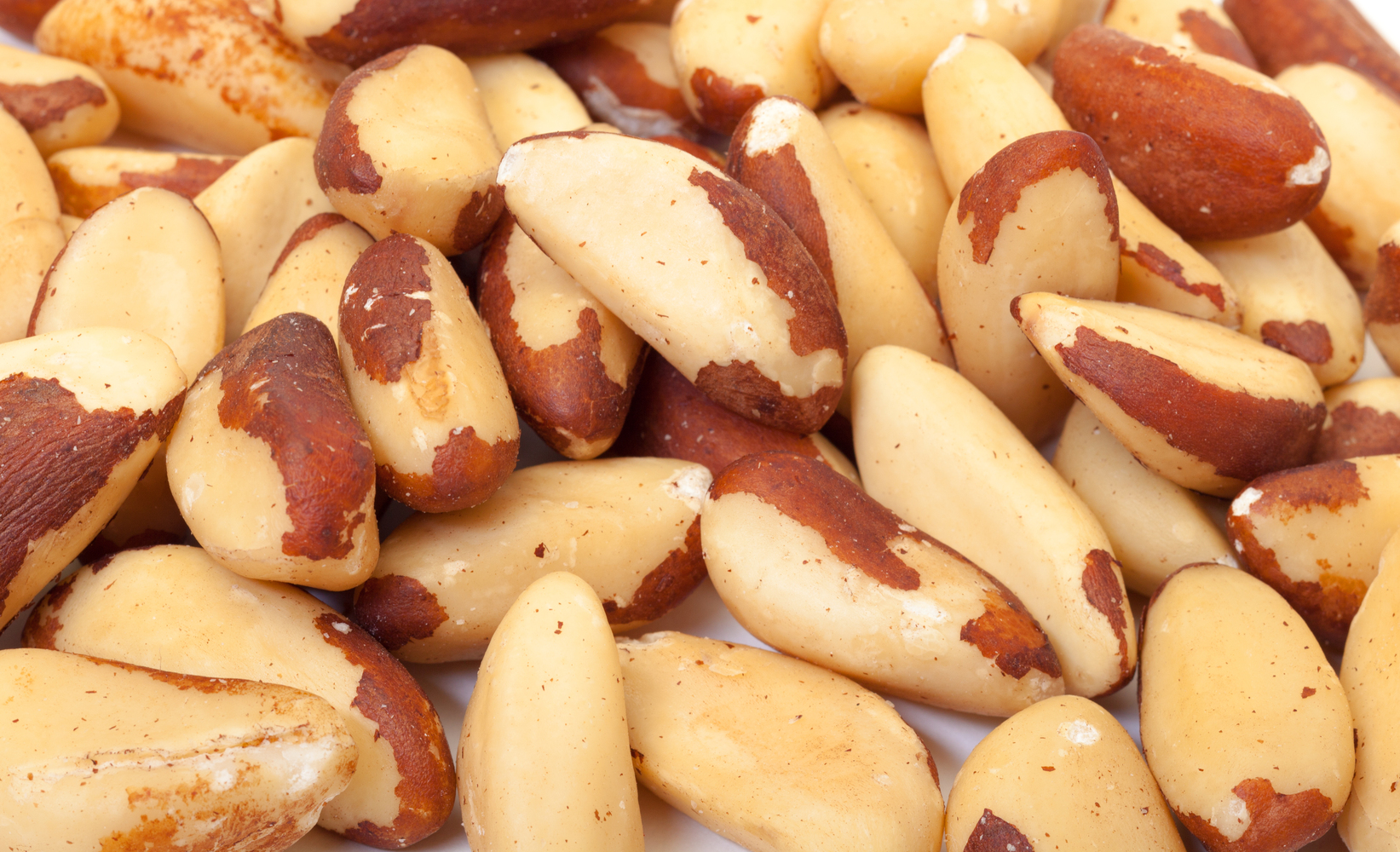
10 Foods to Help Manage Depressive Symptoms
Clinical depression is a common, but serious mood disorder. It causes severe symptoms that can affect how you feel, think, and handle daily activities. Symptoms of clinical depression can include changes in appetite, weight, sleep, energy levels, concentration, and interest in activities. Treatments for clinical depression include counseling, medication, and lifestyle changes. Depression treatment facilities typically offer a combination of the two. Online therapy is also common and can be very effective.
Doctors often recommend diet and lifestyle changes as part of a treatment plan for clinical depression. Certain foods can help ease depressive symptoms, including:
1. Dark chocolate
Dark chocolate is rich in antioxidants and can help ease depression symptoms by improving blood flow and reducing inflammation. Cocoa rich chocolate can also help improve mood and cognitive function by increasing serotonin and dopamine levels. Serotonin and dopamine are neurotransmitters known to regulate mood and emotional response.
2. Spinach and swiss chard
Spinach and swiss chard are high in vitamins and minerals like folate, iron, and magnesium. They are also rich in antioxidants and anti-inflammatory compounds. All of these nutrients are essential for maintaining mental health and well-being. Folate, in particular, has been shown to reduce depressive symptoms.
3. Oysters
Oysters are a good source of zinc, selenium, and omega-3 fatty acids. All of these nutrients are important for cognitive function and mental health. Zinc deficiency has been linked to depression, and omega-3 fatty acids are known to have anti-inflammatory effects. They improve mood and mental health by reducing inflammation and improving blood flow.
4. Eggs with the yolk
Egg yolk is a good source of choline, which is an essential nutrient for brain function. It also contains omega-3 fatty acids, vitamin D, and other important nutrients for mental health. Studies show that eating eggs can improve cognitive function and reduce depressive symptoms.
5. Cruciferous vegetables
Cruciferous vegetables like cabbage, kale, broccoli, and brussels sprouts are high in vitamins, minerals, and antioxidants. They are also rich in fiber, which is important for gut health. Gut health is linked to mental health, and a healthy gut can help reduce depressive symptoms. Also, the antioxidants in cruciferous can help protect the brain from damage and improve cognitive function.
6. Beans and lentils
Beans are a good source of fiber, protein, and vitamins and minerals like iron, magnesium, and folate. They are also low in calories and fat. All of these nutrients are important for maintaining mental health. Folate, in particular, has been shown to reduce depressive symptoms. Lentils contain a soluble fiber that can improve gut health and reduce inflammation. They also have a high protein content, which can help improve mood and reduce anxiety.
7. Fermented foods
Fermented foods are rich in probiotics, beneficial bacteria that live in the gut. Probiotics are essential for gut health, and a healthy gut is linked to mental health. These foods can also help reduce inflammation, a common symptom of depression. Fermentation also produces vitamins and minerals important for mental health, such as vitamin B12.
8. Salmon
Salmon is one fatty fish that’s a rich source of omega-3 fatty acids. These essential nutrients are known to improve mood, cognitive function and mental health. Omega-3 fatty acids can also help reduce inflammation, a common symptom of depression. When taken as part of a healthy diet, they can help ease depressive symptoms and improve mental health by reducing inflammation and blood flow.
9. Flaxseed
Flaxseeds are a good source of omega-3 fatty acids, fiber, and antioxidants. All of these nutrients are important for maintaining mental health. The seeds also contain lignans, which are plant compounds with estrogenic properties. These properties can help reduce hot flashes and night sweats, common menopausal symptoms, which often co-exist with the onset of depression symptoms.
10. Brazil Nuts
Brazil nuts are a good source of selenium, an essential nutrient for cognitive function and mental health. The nuts are also rich in antioxidants, which can help protect the brain from cognitive damage.


